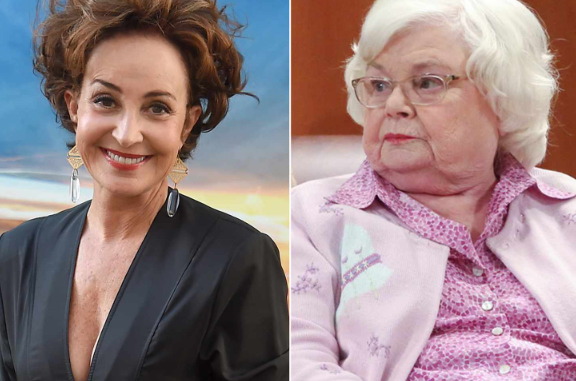
Young Sheldon, the beloved prequel to The Big Bang Theory, explores the childhood of Sheldon Cooper, a young prodigy growing up in Texas. Among the colorful characters surrounding Sheldon, his grandmother, Meemaw, stands out for her endearing yet occasionally controversial behavior. While Meemaw’s eccentricities and unconventional wisdom often provide comedic relief, some of her actions raise eyebrows for their problematic implications. Here’s a closer look at three of the most contentious things Meemaw did on the show:
1. Encouraging Risky Behavior
Meemaw’s rebellious spirit and disdain for conventional norms are central to her character. While her defiance often translates into humor, it sometimes crosses into dangerous territory. One notable example is her casual approach to illegal activities, such as her habit of gambling. In several episodes, Meemaw is shown engaging in activities like poker games with questionable legality. While the show treats these actions with a comedic lens, they also portray Meemaw’s disregard for legal boundaries, which could send a troubling message about the acceptability of risky behavior.
2. Disregarding Parental Authority
Meemaw’s role as a loving, if slightly wayward, grandmother often puts her at odds with Sheldon’s parents, particularly his mother, Mary. Meemaw’s tendency to undermine Mary’s authority and contradict her parenting decisions can create tension in the family dynamics. For instance, her tendency to spoil Sheldon and allow him to get away with behavior that Mary would otherwise correct undermines the parental structure and can lead to confusion about boundaries and expectations. While this tension adds to the drama and humor of the show, it also highlights an issue of respect and family cohesion that might not be fully addressed.
3. Unconventional Teaching Methods
Meemaw’s unconventional approach to life extends to her teaching methods. In several instances, she offers advice and lessons that, while well-intentioned, are not always aligned with educational best practices. Her tendency to impart life lessons through anecdotes or hands-on experiences, such as introducing Sheldon to adult themes before he’s ready, can be problematic. For example, her attempts to explain complex social interactions or moral dilemmas in a manner that might not be age-appropriate can contribute to confusion rather than clarity. This approach, though humorous in the context of the show, raises questions about the impact of such methods on a young mind’s development.
Conclusion
Meemaw is a quintessentially quirky character who adds depth and humor to Young Sheldon. However, her actions occasionally cross into problematic territory, from promoting risky behavior to challenging parental authority and employing unconventional teaching methods. While these aspects of her character are portrayed with a comedic touch, they also offer a nuanced look at how even well-meaning adults can have a complex impact on the lives of children. As the series continues, it will be interesting to see how Meemaw’s character evolves and how these issues are addressed within the narrative.